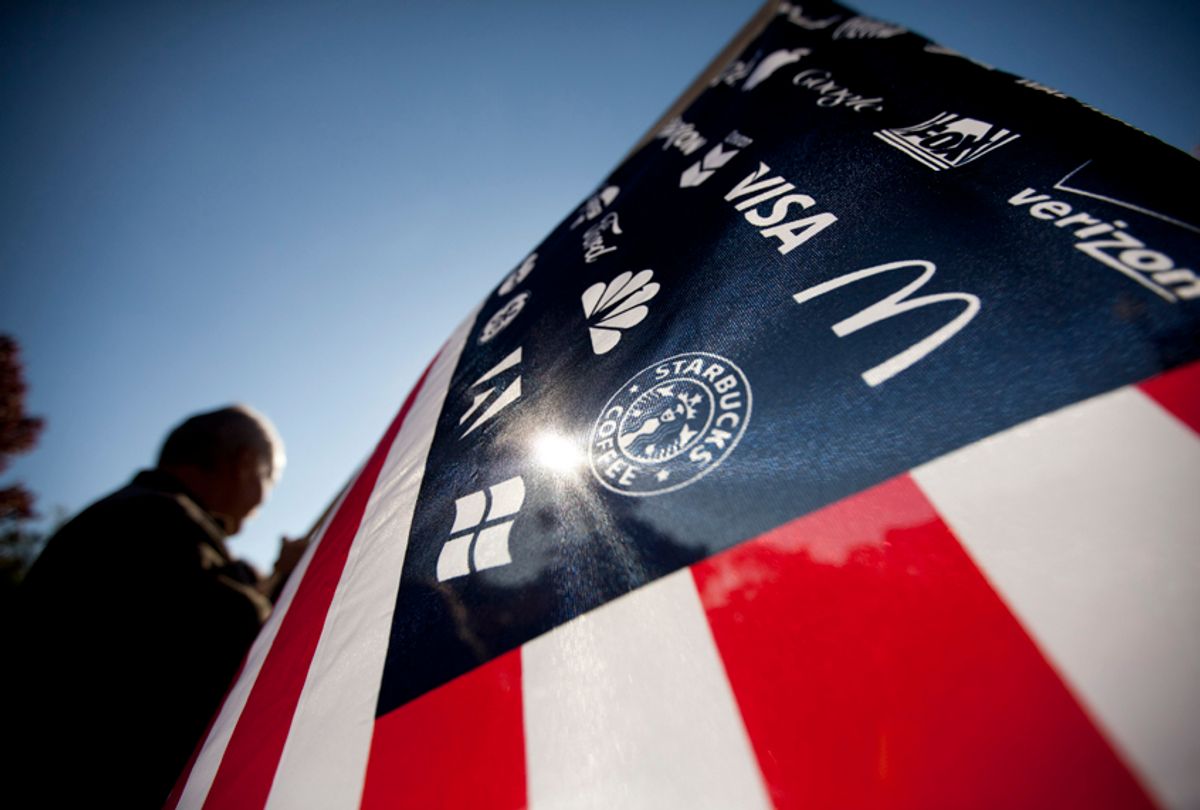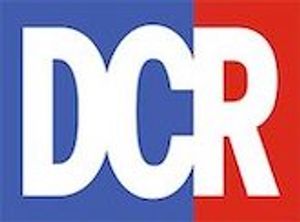Before Mitch McConnell, his Radical Republican Senate conference and Steve Mnuchin hand over billions of dollars to a ragtag collection of corporations — gamblers, bankers, airline executives and whoever else is saddled up at the trough — here's a suggestion: Make Every CEO take a basic family-finance class.
Yes, they probably know how to balance a checkbook or know the difference between an APR and a nominal interest rate. They can probably tell you it's smarter to pay off a 15% credit card before paying off a 7% college loan.
But one lesson they've clearly missed: Have sufficient savings to get you through at least three-to-six months without a paycheck.
Here's personal finance guru Dave "No Debt" Ramsey: "If you're part of a two-income household or you've had a steady job for several years, then a three-month emergency fund is probably just fine. But if you're a one-income family, you're self-employed, or you earn straight commission, then a six-month emergency fund is probably a better idea for you… Even if there's room in your monthly budget to pay for the expenses, it's good to be prepared in case a big emergency hits."
Jean Chatzky: "An emergency cushion should consist of three-to-six months' worth of fixed expenses… And those expenses can be bare bones, because during an emergency — if you're living lean due to a major financial hardship — you're going to forgo extras. That means the emergency fund should factor in electricity, but not premium cable. Include enough to cover your mortgage and groceries, but not eating out or leisure travel."
Orman's advice
And even six months isn't enough for tough-love adviser Suze Orman: "You need as much money in the bank that makes you feel secure. Don't go fooling yourself, 'It's okay, I can charge on a credit card, I can do this.' You should have at least eight months. Not six months, not three months, I'd like to see you have eight months to one year."
But, after barely two weeks of coronavirus slowdown, here's what CEOs are saying:
"If Congress doesn't act on sufficient government support by the end of March," wrote United Airlines CEO Oscar Munoz, "our company will begin to take the necessary steps to reduce our payroll in line with the 60% schedule reduction we announced for April. May's schedule is likely to be cut even further."
Roger Dow, chief executive of the U.S. Travel Association, said "it will take at least $100 billion to cover wages for two quarters, and then you take the rest of the industry, we're talking $150 billion."
"Limited options"
Even the coal industry, which has been on a downward spiral for years, is asking for a piece of the federal pie. Rich Nolan, president and CEO of the National Mining Association asked Trump and congressional leaders to decrease payments to a trust fund for those with black lung disease and "suspend or reduce" the fees paid to the government for mining on federal land. "Under pressure from environment groups," Nola wrote, "financial institutions have divested from carbon-intensive industries, specifically coal, over the last decade, leaving very limited options available to the coal industry."
In other words, the CEOs of some of the country's largest corporations aren't financially smart enough to go a few weeks without paychecks. So like a deadbeat brother-in-law they come hat-in-hand to the people of the United States asking us to tide them over until they can get back on their feet.
I'd rather give the money directly to their employees and contractors. At least they'd try to do what Jean, Dave and Suze tell them they should be doing.




Shares